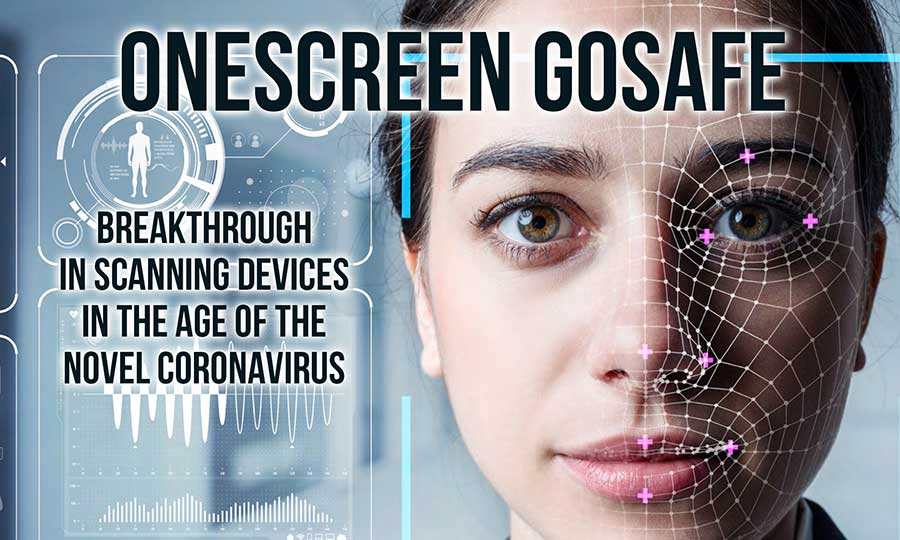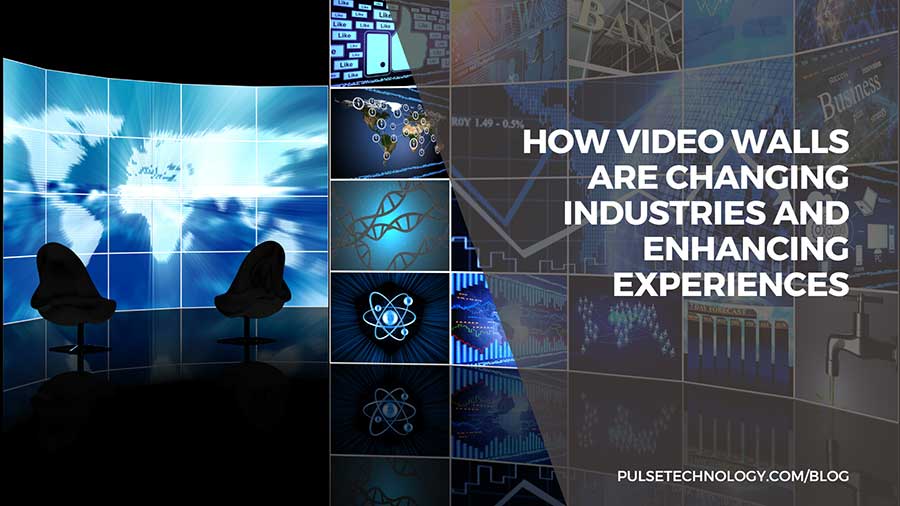15 Elements of Impactful Presentations
“The success of your presentation will be judged not by the knowledge you send but by what the listener receives.”
– Lilly Walters, Executive Director of Walters International Speakers Bureau
Whether it’s a sales pitch or an internal business meeting, how you present information matters. It is not simply about the information you provide, but also how it is delivered, and most importantly, how it is received. We’ve all sat through presentations that were long, boring, and unmemorable. But your next presentation doesn’t have to be that way! By breaking down your presentation into two categories – Visuals and Delivery – we can hone in on what transforms an okay presentation into an impactful one.
Delivery
It may sound counter-intuitive to start with how you plan on delivering your presentation before creating visuals, but it’s actually not. You need to know how you plan to connect with the audience before you can decide what visuals you need. Here are some tips on how to organize your thoughts on delivery.
- Know your audience – What is important to them? Is it a client who’s looking to save money on a business purchase? Are they employees who are looking for understanding and a morale boost? Knowing your audience is crucial in connecting with them and directing your information in an impactful way.
- What tech are you using? – Will you be using a laptop and projector, an interactive whiteboard (also known as a smartboard), or are you presenting remotely? It is important to consider what technology you’ll be using during this presentation so you can create visuals that best suit it.
- What’s your story? – People connect with stories. We are human beings with emotions. So, connecting to your audience with a relatable or relevant story is important. In fact, people are 22 times more likely to remember a fact if it’s been wrapped in a story.
- How big is the space you’re working with? Will you be at a podium displaying only slides or will you have room to move, interact, and utilize props?
- How will you grab their attention? As in writing, you need to get people’s attention quickly and hold it. Will it be a quote that relates to your audience? A fact that is shocking? Creating a relevant opener is crucial.
- How confident are you? In as little as 5 seconds, an audience will decide if you are charismatic or not. Practicing your material and having a strong presence are important. You need to command a room to show authority over your topic. Don’t rely on your slides for information, make sure you know it by heart. Reading off slides is a big no-no.
- Save time for questions – Delivering your presentation in a timely manner is important. Leaving about 25% of your allotted time for questions is recommended.
Visuals
We live in a visual society. That’s why social platforms like Instagram do so well. But 41% of presenters find it difficult to find and use great visuals. Here are some tips for impactful visuals.
- Use templates – 45% of presenters find it difficult to design creative layouts. Free sites like Canva have plenty of free templates to take the time out of creating visually pleasing presentations.
- Use consistent backgrounds, colors, and fonts – Continuity between slides is important to allow the audience to focus on the information.
- Follow the 10/20/30 rule (whenever possible) – No more than 10 slides, no longer than 20 minutes, and no font smaller than 30pt. Think that’s too short? Consider the fact that an audience will absorb the contents of your slide in an average of 3 seconds.
- Evoke emotions with your visuals – Going back to number three in our display tips, remember that emotions are a fantastic way to connect with your audience. Make sure your visuals, be they pictures or video, correlate with your story and the emotion you hope to evoke.
- Throw in a little (appropriate) humor – Though not right for all presentations, humor can be a great way to connect and loosen up your audience.
- Allow slides to enhance your presentation, not highjack it – Your presentation is more than just slides on a screen, it’s the story, it’s your presence. Your slides shouldn’t contain every single thought you’re going to share or present.
- Create handouts for after the presentation – Visuals are important during and after your presentation. Within your handout focus on your main message along with contact information, if applicable. Make sure the format is in line with the colors and fonts used during the presentation.
- Create slide printouts for those who couldn’t attend – Having copies of your slides along with using the note section to provide detailed information shared during the presentation is important to have for those unable to attend.
You put all that effort into making your presentation impactful,
don't let your old projector or digital screen bring it down.




